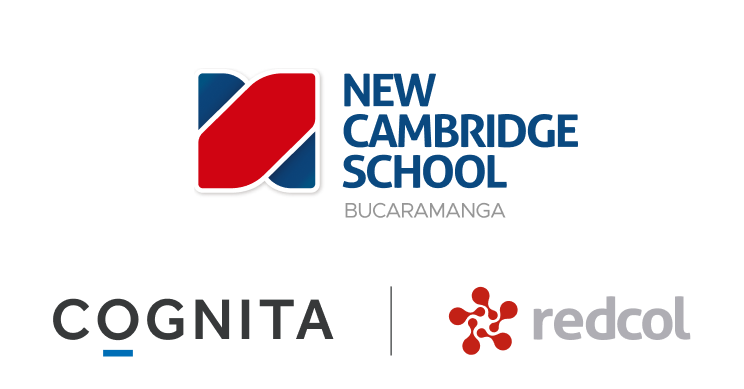During adolescence and early adulthood, friendships play a fundamental role in the emotional and social development of our children. As teenagers search for their identity and independence, the relationships they form can have a lasting impact on their overall well-being.
As parents, it’s natural to feel concerned about the influences surrounding our children. But how can we help them choose and maintain friendships that support their growth in a positive way? Angélica Amador, our Upper Secondary School Counsellor has shared a series of recommendations and reflections to help guide you through this process.
1. Recognising the qualities of a good friendship
A good friendship during adolescence is far more than just someone to spend break time with. According to Angélica, “a good friendship is one that allows us to grow in a healthy way, encourages positive routines and behaviours, and has an impact on various areas of our lives, including our emotional wellbeing”. Friends should be a source of support, not pressure or conflict. Mutual respect, trust, and being there in difficult times are all key elements of healthy relationships.
As a parent, you can help your child identify these qualities by having open conversations about what positive friendships look like, and how to distinguish them from negative influences. Ask them what they value in a friend, and how they feel when they spend time with them. These simple questions can help your child reflect on the dynamics of their relationships.
2. The role of friendships in emotional and social development
Teenagers need to feel that they belong to a group beyond the family. Friendships give them a space to explore new perspectives, share experiences and practice social skills. As our expert explains, “friendships allow our children to explore interests, talents, and viewpoints that go beyond what they learn at home.” This diversity of interaction is essential to their development, helping them to adapt to different environments and people.
As parents, it’s important to stay attentive to how friendships influence your child’s behaviour. If you notice improvements in their academic performance, greater involvement in meaningful activities, and a display of respect and empathy towards others, it’s a good indication that their friendships are having a positive effect. On the other hand, signs of insecurity, a lack of motivation or sudden personality changes could suggest a negative influence.

3. The importance of open communication
One of the most effective ways to guide your child in choosing the right friendships is by maintaining open and consistent communication. Avoid harsh judgement or strict prohibitions, as these can drive your child away and strengthen unhelpful relationships. Instead, try to understand the dynamics at play. Angélica suggests: “Avoid criticism or negative remarks about your child’s friends. If there are signs of concerning behaviour, it’s best to talk about the behaviour itself, not the person”.
Establishing a communication channel based on trust will allow you to address any concerns about friendships in a constructive way. While you can’t control who they spend time with, you can guide them to make more conscious and thoughtful choices.
4. Encouraging self-esteem and independence
High self-esteem and confidence are essential for teenagers to form healthy friendships. When a young person has a strong sense of self-worth, they are less likely to seek validation from the wrong crowd or give in to peer pressure. As Amador points out, “teenagers may feel pressured to befriend popular peers, even when those friendships are not in their best interest”.
As a parent, you can build your child’s self-esteem by encouraging them to make their own decisions, nurture their talents and interests, and get involved in activities where they can meet like-minded individuals. Taking part in sports, the arts, or extracurricular clubs can be a great way for them to form friendships with people who share their values and interests.
5. Being involved in your child’s social life without invading their space
It’s only natural to want to know your child’s friends, and doing so is key to understanding their influence. However, it’s important to balance this desire with respect for your child’s independence. Our counsellor recommends: “Parents should make time to get to know their child’s friends and be involved in some of their activities. This helps you observe how they treat one another, who leads the group, and what their interests are”.
Inviting their friends over or attending social events in a non-intrusive way can give you a better understanding of group dynamics without making your child feel monitored or controlled.
Helping your child choose and maintain good friendships is a process that requires patience, communication, and trust. By being present and supportive, you’re giving them the tools they need to navigate the complex world of teenage relationships.
At New Cambridge School, we are deeply committed to the holistic development of our students, nurturing an environment where they can grow surrounded by positive friendships that inspire them to reach their full potential.
